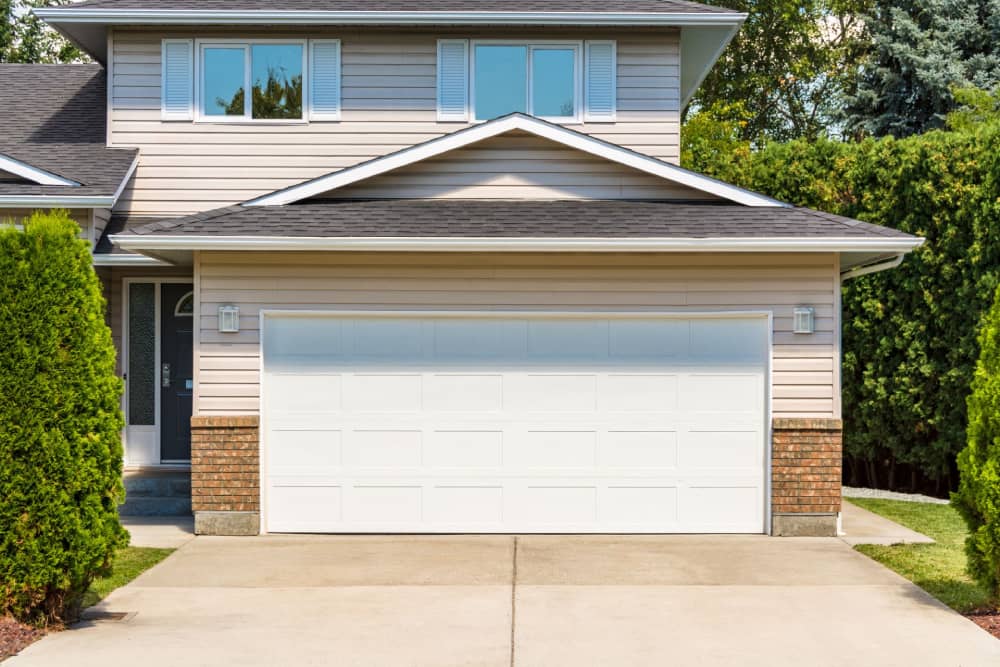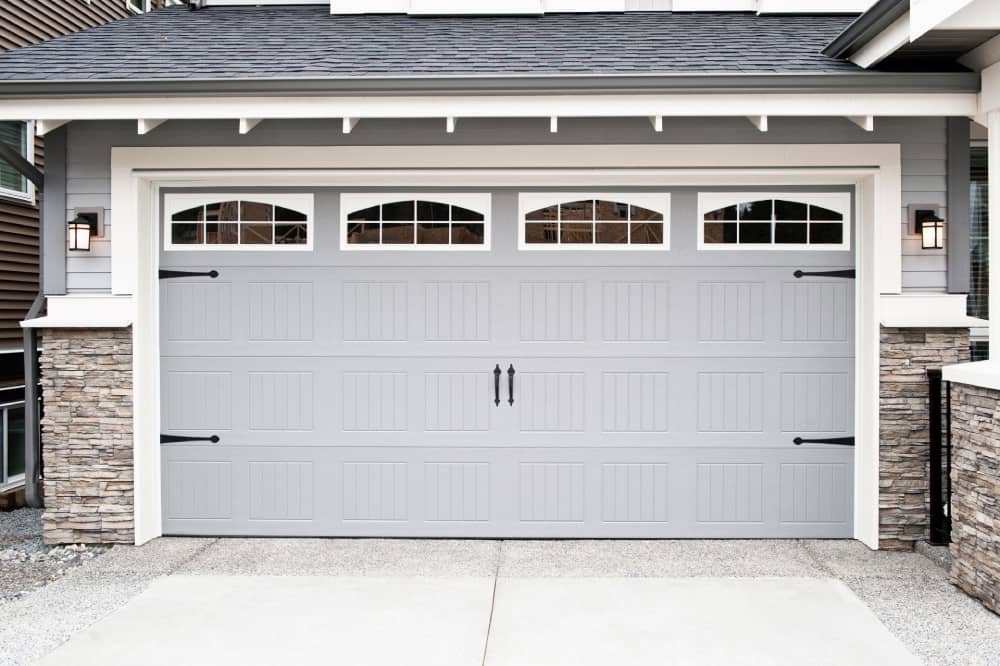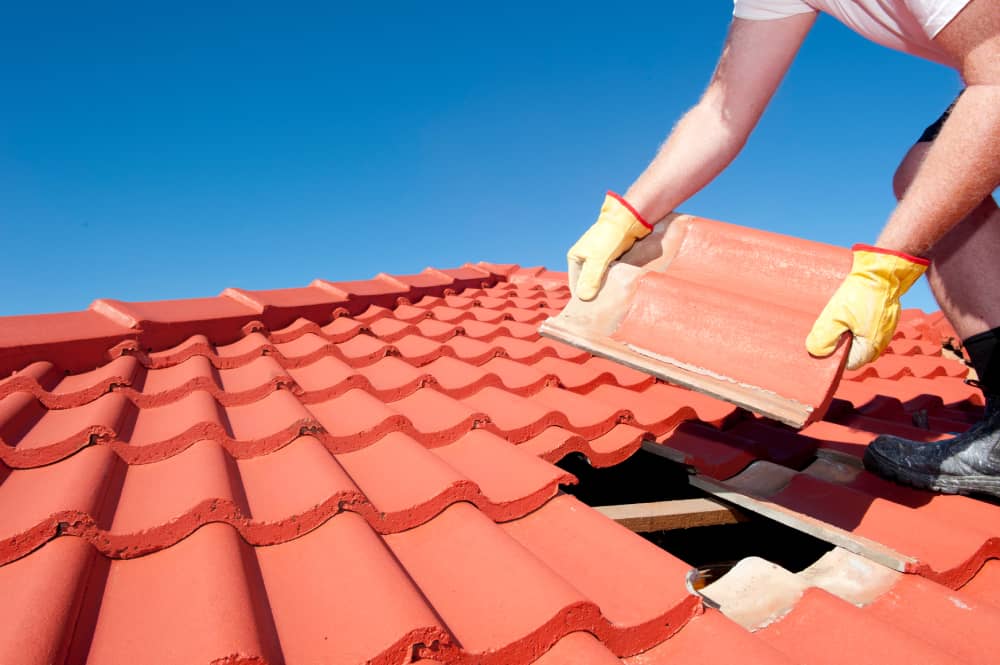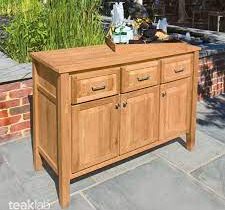Choosing the right garage door is more crucial than you might think. It’s not just an entryway but also an essential part of your home’s curb appeal and security. The purpose of this article is to guide you through the maze of options, delving into essential factors such as material, design, and features. We’ll help you select a garage door that’s not only functional but also complements your home’s architecture.

-
Importance Of Material
When it comes to selecting a garage door, material choice plays a pivotal role in determining durability, aesthetic appeal, and overall functionality. Each material comes with its own set of advantages and disadvantages, so it’s crucial to weigh these factors carefully.
-
Aluminum Garage Doors
Aluminum is popular for its lightweight nature, making it easy to operate and reducing wear on the door’s mechanisms. Besides, this material is resistant to rust, making it an excellent choice for humid or coastal environments.
However, there are some trade-offs to consider. Aluminum doors often lack robust insulation, which could lead to higher energy bills. They’re also generally weaker than their steel or wood counterparts, potentially compromising security.
-
Steel Garage Doors
If you’re looking for a potent combination of strength and wide style variety, steel is hard to beat. Steel garage doors are sturdy, offering enhanced security and durability. Moreover, they come in a myriad of designs, from classic to modern, to suit any home style.
But it’s not all sunshine and roses. Steel doors are more susceptible to rust, particularly if scratched or dented. Additionally, they’re often heavier, which might require a more powerful garage door opener.
-
Wooden Garage Doors
For those seeking a touch of elegance, wooden garage doors offer unparalleled aesthetic appeal. They can be tailored to your exact preferences, from type to finish, making customization a breeze.
However, beauty comes at a price. Wood requires consistent upkeep to prevent decay and weathering. The material is also generally pricier, both in initial cost and long-term maintenance.
To navigate the strengths and weaknesses of each option, consult a reputable garage door company. This way, you’ll make an informed choice that marries style and functionality.
-
Design Choices

While material is a crucial aspect, the design of your garage door can significantly influence your home’s overall aesthetic. The right design can complement your home’s architecture, boosting curb appeal and value.
-
Traditional Design
Traditional garage doors often feature raised panels and a simple, timeless look. They’re best suited for homes with classic architectural styles like Colonial or Ranch. These doors provide an unobtrusive but elegant appearance, allowing the beauty of the home itself to shine through.
-
Contemporary Design
For those who prefer a more modern look, contemporary garage doors offer clean lines and use modern materials like glass and aluminum. They’re an excellent fit for modern homes or those featuring minimalist architectural styles. The contemporary design can serve as a statement piece, bringing a touch of modernity to your property.
-
Carriage-House Design
If you’re after a more rustic or old-world charm, consider carriage-house garage doors. These emulate the appearance of barn doors and often come adorned with decorative hardware. They’re a perfect fit for country homes or properties with a historical flavor. The design adds an element of character and nostalgia, making your home stand out in the best possible way.
The design of your garage door should be in harmony with your home’s overall look. From traditional to modern, the options are plentiful.
-
Additional Features
Material and design are vital, but a well-rounded garage door offers more. Additional features like insulation and safety measures can make a significant difference in your day-to-day experience.
-
Insulation
Insulation is often an overlooked aspect that can greatly impact your energy bills. An insulated garage door keeps your garage temperate, which in turn helps to regulate your home’s interior climate. There are various options, from single to triple-layer insulation, catering to different needs and climates.
Selecting the right insulation level can yield long-term savings, making it a wise investment.
-
Safety Measures
Safety should never be compromised, and modern garage doors come equipped with features designed to protect you and your family. Auto-reverse and motion sensors are more than conveniences; they’re vital safety measures.
An auto-reverse feature ensures the door will automatically ascend if an obstacle is detected, while motion sensors add another layer of protection by alerting you to any movement. Both are invaluable for preventing accidents and ensuring a safer environment.
These features combine comfort with peace of mind, making your choice not just about aesthetics but also about living smarter and safer.
-
Budget Considerations
So you’ve weighed the material options, sifted through design choices, and considered additional features. It’s time to talk numbers. Setting a budget for your garage door isn’t just a monetary exercise; it’s about value.
Firstly, jot down your must-haves and nice-to-haves. This prioritization will help you allocate your funds wisely. Are you willing to compromise on material but not on safety features? Knowing your priorities can guide you through the labyrinth of options without breaking the bank.
But wait, the door’s cost isn’t the end of the story. Installation fees can also add up. Some may opt for a DIY installation, but for most, professional help is advisable. Not only does it ensure a secure fit, but it could also save you money in the long run by avoiding costly mistakes.
Don’t forget about the garage door opener either. This small device can pack a punch in your overall expenses. Features like smart controls and battery backup options could increase the price. So, factor this into your initial budget to avoid unpleasant surprises later.
Conclusion
Choosing the ideal garage door for your needs involves a balancing act among various elements. Beyond material and design, additional features and budget are key contributors to making a wise selection. So, conduct thorough research and, most importantly, engage with experts to navigate this multifaceted decision. The end result will be a garage door that enriches your home life in more ways than one.














